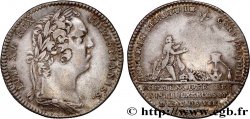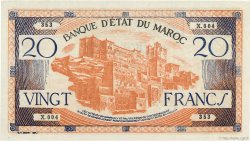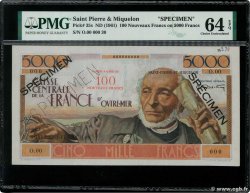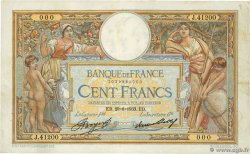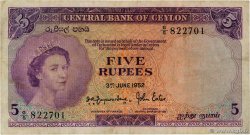fjt_948925 - CORPORATIONS Troisième corps des marchands, les merciers, tailleurs de draps, ouvriers en draps d’or, d’argent et de soie 1682
45.00 €(Approx. 50.85$ | 39.15£)
Quantity
Add to your cart

Type : Troisième corps des marchands, les merciers, tailleurs de draps, ouvriers en draps d’or, d’argent et de soie
Date: 1682
Metal : silver
Diameter : 27 mm
Orientation dies : 6 h.
Weight : 7,44 g.
Edge : lisse
Catalogue references :
Obverse
Obverse legend : AVSPICE. NON. ALIO.
Obverse description : Saint Louis nimbé debout à dr. tenant le sceptre et la main de Justice, signé R.
Obverse translation : Par son augure et non par un autre.
Reverse
Reverse legend : TE. TOTO. ORBE. SEQVEMVR ; À L'EXERGUE : 1682.
Reverse description : Armes des merciers : trois navires, un soleil au-dessus.
Reverse translation : Nous te suivrons dans le monde entier.
Commentary
Réputé le plus noble et le plus excellent, le troisième corps des marchands, les merciers, étaient des marchands proprement dits ; ils n'avaient pas de fabriques, tout au plus ajoutaient-ils quelques façons dernières aux marchandises qu'ils mettaient en vente. Ce sont des merciers que l'on trouve engagés dans les grandes et fameuses entreprises de navigation aux Indes qui ont marqué aux XVIe et au XVIIe siècles. Les trois navires rappellent l’appartenance des merciers au troisième corps des marchands. Ce jeton fait partie de la série des Corporations.








 Report a mistake
Report a mistake Print the page
Print the page Share my selection
Share my selection Ask a question
Ask a question Consign / sell
Consign / sell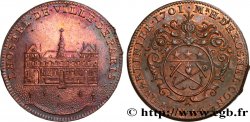
 Full data
Full data